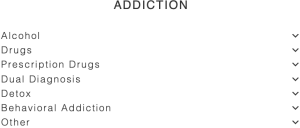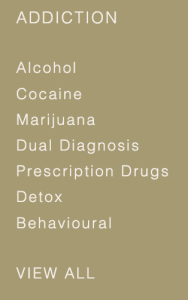11 Minutes
CONTENTS
Stress has a significant impact on physical health, causing a variety of symptoms and exacerbating various medical issues. Perhaps you have experienced it: you’re sitting perfectly still, but your mind tricks you into thinking you are moving up and down or spinning as if you are on an amusement park ride. These are some of the apparent indicators of vertigo, which affects up to 15 to 20 percent of the adult population.
It’s not a medical condition, but rather a symptom of various issues ranging from viral infections to the formation of crystals of calcium carbonate in the inner ear.
Vertigo affects about 5% of American adults, and most people notice it when they are stressed or agitated. Although stress does not cause vertigo directly, it can affect the vestibular system, the area of the inner ear that maintains balance.
Vertigo is a condition that is frequently linked to stress, but is it a proven fact that being stressed promotes this condition? Let’s look at how vertigo is caused by stress. We will also discuss various causes of vertigo and when you should seek medical help.

FAQs
A UNIQUE METHOD TREATING Burnout
a successful and proven concept focusing on underlying causesBurnout TREATMENT LASTING APPROACH
0 Before
Send Admission Request
0 Before
Define Treatment Goals
1 week
Assessments & Detox
1-4 week
Psychological & Holistic Therapy
4 week
Family Therapy
5-8 week
Aftercare
12+ week
Refresher Visit
Burnout Insights
latest news & research on BurnoutRelationship Burnout
Relationship burnout can be caused by a variety of factors, including chronic stress, unresolved conflicts, and unmet expectations
read moreCan Stress Cause Vertigo
Stress has a significant impact on physical health, causing a variety of symptoms and exacerbating various medical issues. Perhaps you have experienced it: you're sitting perfectly still, but your mind tricks you into thinking you are moving up and down or spinning as if you are on an amusement park ride. These are some of the apparent indicators of vertigo, which affects up to 15 to 20 percent of the adult population.
read more









